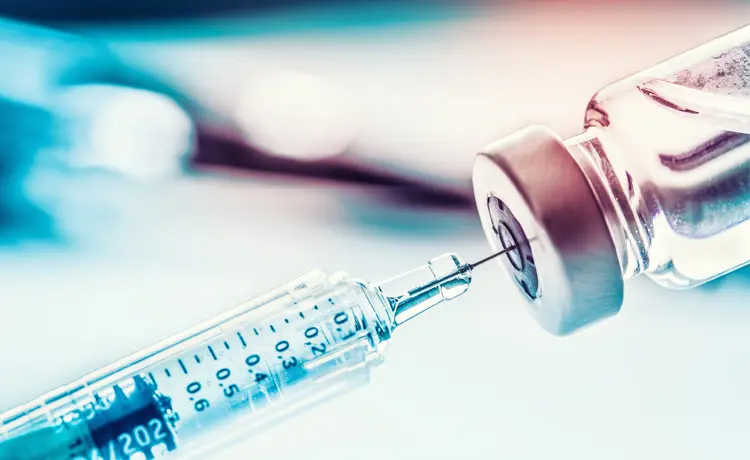Certain diseases – some with deadly effects – can be prevented through vaccination. August is National Immunization Awareness Month (NIAM): During this time, encourage the people in your community to learn about what vaccines they and their family members should get. Provide them with information to ensure they are protected from vaccine-preventable diseases year-round.
17 Diseases That Can Be Prevented Through Vaccination
These serious diseases are vaccine-preventable:
- Chickenpox
- Diphtheria
- Flu
- Hepatitis A
- Hepatitis B
- Hib
- Human papilloma virus (HPV)
- Measles
- Meningococcal disease
- Mumps
- Pneumococcal disease
- Polio
- Rotavirus
- Rubella
- Shingles
- Tetanus
- Whooping cough
Learn more about these diseases, and the vaccines to protect against them, in adults and in children.
Know the Terminology
- A vaccine is a product that stimulates a person’s immune system to produce immunity to a specific disease, protecting the person from that disease.
- Immunity is protection from an infectious disease, so a person can be exposed to it without becoming infected.
- Vaccination is when a vaccine is introduced into the body to produce immunity to a specific disease.
- Immunization is a process by which a person becomes protected against a disease through vaccination; this term is often used interchangeably with vaccination or inoculation.
Who Needs Immunization
People might think only babies and children need vaccinations, but adults do, too. The Centers for Disease Control and Prevention (CDC) recommends vaccines for various adult populations:
- Adults 19-26 years old
- Adults 50 years or older
- Adults with health conditions
- Pregnant women
- Health care workers
- International travelers
- Immigrants and refugees
Get more information about vaccine recommendations for these groups of adults . To find out what vaccines people need for their specific situations, they can use CDC’s Adult Vaccine Self-Assessment Tool. Parents can learn all about getting their children vaccinated, including the recommended vaccines by age from birth to 18 years, at CDC’s Vaccines for Your Children page.
Spread the Word
To help you get out the message about the importance of immunization to your community, check out what CDC provides for NIAM. Here you will find some useful resources, such as a toolkit for communicating with parents that contains key messages for maternal, childhood/adolescent and adult vaccination. For more information on public health topics, browse the QuickSeries® library of guides, including Public Health Emergencies and Public Health Preparedness.
